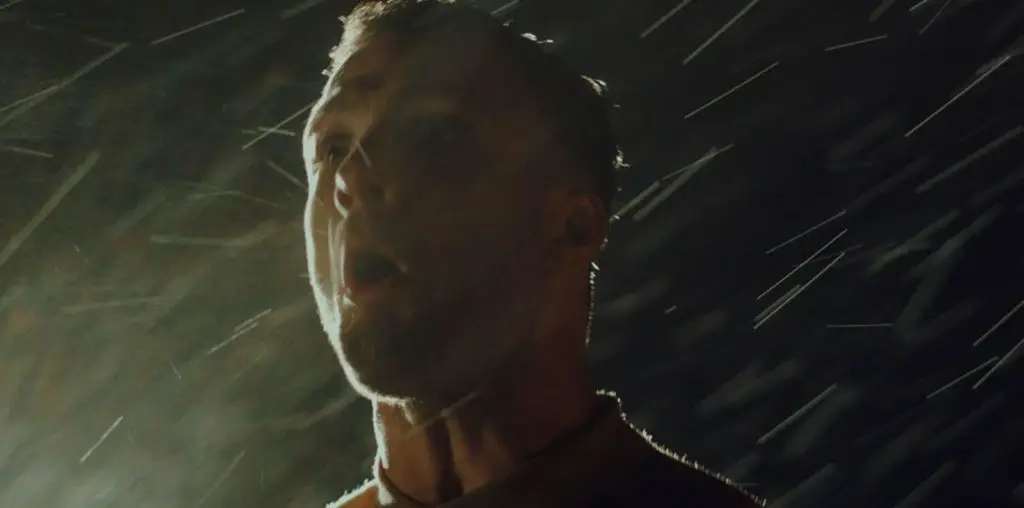
Thank god Julianne Moore got an Oscar nod for her new film “Still Alice.” Sure, she’s gotten four previous nominations for her acting chops—“Boogie Nights,” “The End of the Affair,” “The Hours,” and “Far from Heaven” (the last two in the same year, 2002)— yet no wins! But, if there is any justice in the world (or, actually, among the voting members of the Academy of Motion Picture Arts and Sciences), this will be the year she brings home the statue. Amongst the best actress nominees, she’s a heavy favorite and the only one playing a person afflicted with a debilitating illness (Familial Early-Onset Alzheimer’s). Plus, she’s already picked up top honors with a Golden Globe, a National Board of Review Award, and recognition from the Broadcast Film Critics Association.
While the movie itself hasn’t slugged its way past the rest of the year’s heavyweight contenders in other categories, it’s a worthwhile experience just to watch Moore impress with such elegant grace, as a professional woman/doting wife/caring mother fighting against uncontrollable forces. With a agile subtlety, she captures the character of Dr. Alice Howland, a renowned linguistics scholar at Columbia University, slowly spiraling into the various stages of forgetfulness that make the illness such a heartbreaker. In the by-the-numbers script, a mere step above the typical Lifetime Network illness-of-the-week telefeature, by directors Richard Glatzer and Wash Westmoreland (based on a novel by Lisa Genova), the regression is metered out in small steps, most merely providing information packets about the illness. It starts out at a lecture for students at UCLA, where she forgets a single word—lexicon—in an otherwise unerring, impeccable presentation. She’s flustered–the faux pas comes out of left field. Is it anxiety? Menopause (she’s 50)? A brain tumor?
Back home, her focus (and the camera’s) blurs—a cinematic motif carried through much of the second half of the film—as she momentarily panics when she doesn’t recognize the landscape of the very campus where she teaches. But her neurologist, after a series of questions and some medical tests, provides the prognosis that will emotionally drain the entire cast over the film’s last 75 minutes. Exercise, fluids, and word games (how many scenes with a smart phone can you show?) only offer limited help as the family gathers for Christmas dinner: Daughter Lydia (Kristen Stewart), a struggling theatrical actress who skipped college to happily search for fame and fortune, flies in from California; Medical student son Tom (Hunter Parrish, “Weeds”); Alice’s oldest daughter, Anna (Kate Bosworth), an attorney, and her husband, Charlie (Shane McRae); and John (Alec Baldwin) an ever-supporting, brilliant scientist spouse, tries to comfort a very scared wife, and ultimately their family, in its ever continuing series of jolting gatherings.
Aside from Moore’s exceedingly good dramatic sensibilities, it’s also Stewart that continues to develop good acting skills here, after “Camp X-Ray” and “Camp of Sils Maria,” the latter still playing off the last of its dozens of film festival screenings and overseas release engagements before finally scheduled for release here in April. There is life—and good roles—after those “Twilight” films.
The predictable frustrations continue and escalate. The tears flow. Ilan Eshkeri’s score, flush with mournful violins and sad pianos, brings on a loneliness as well. The hankies in the audience come out.
The second half of the film starts with a warmer tone (when the family takes a beach house respite), before moving into a darker area involving an instructional video that Alice finds on her laptop. Moore really gets into the tics of her terminal character, and a darkness hovers as the months float by in a series of further downward slides. “Still Alice” is an emotionally-wrought p.s.a. downer, but thanks to Moore and Stewart, there’s something to savor, and remember, here.
